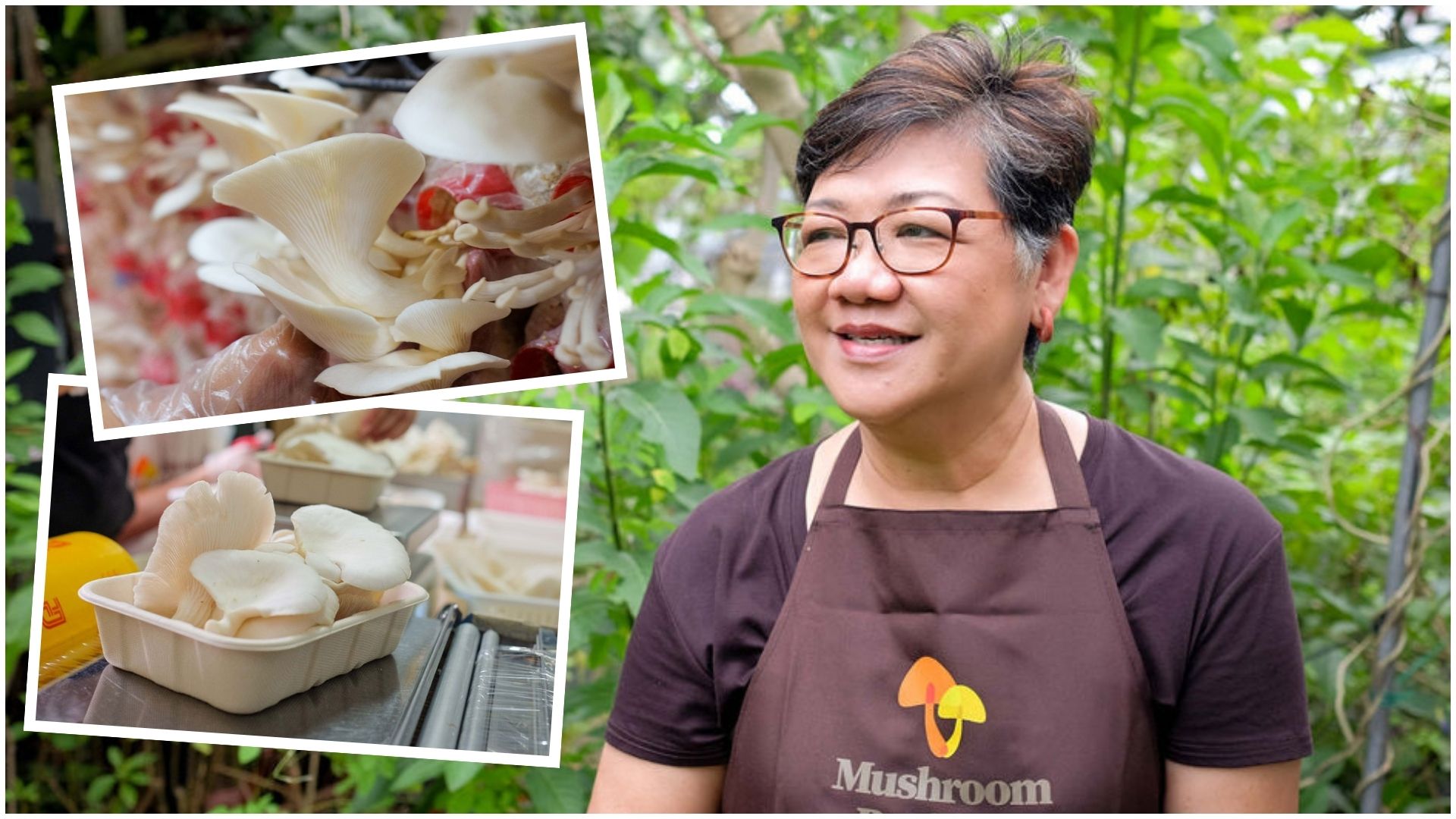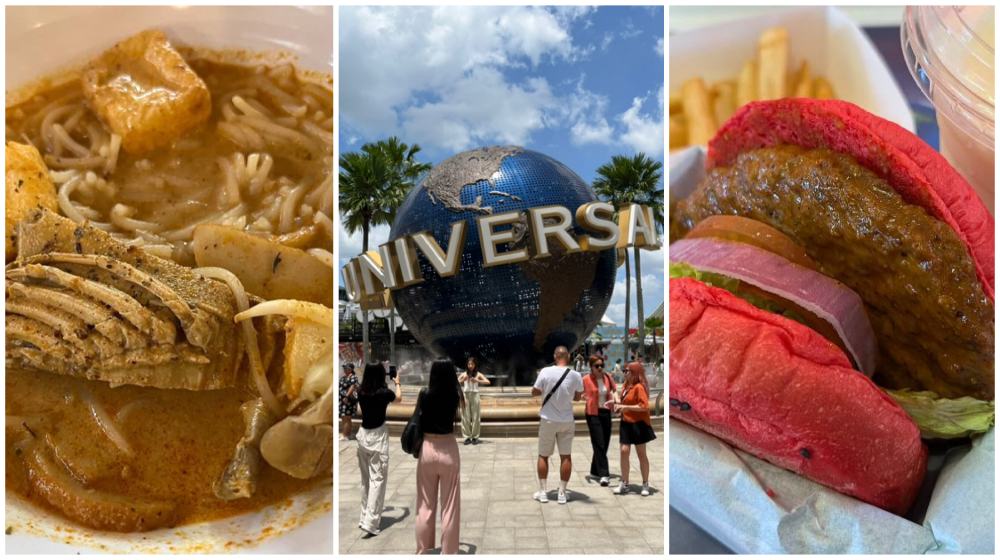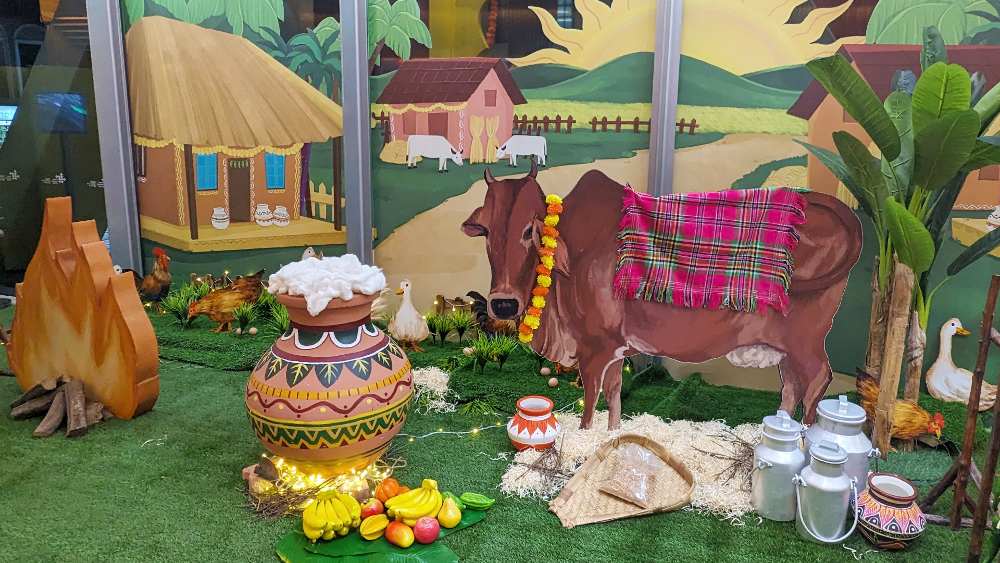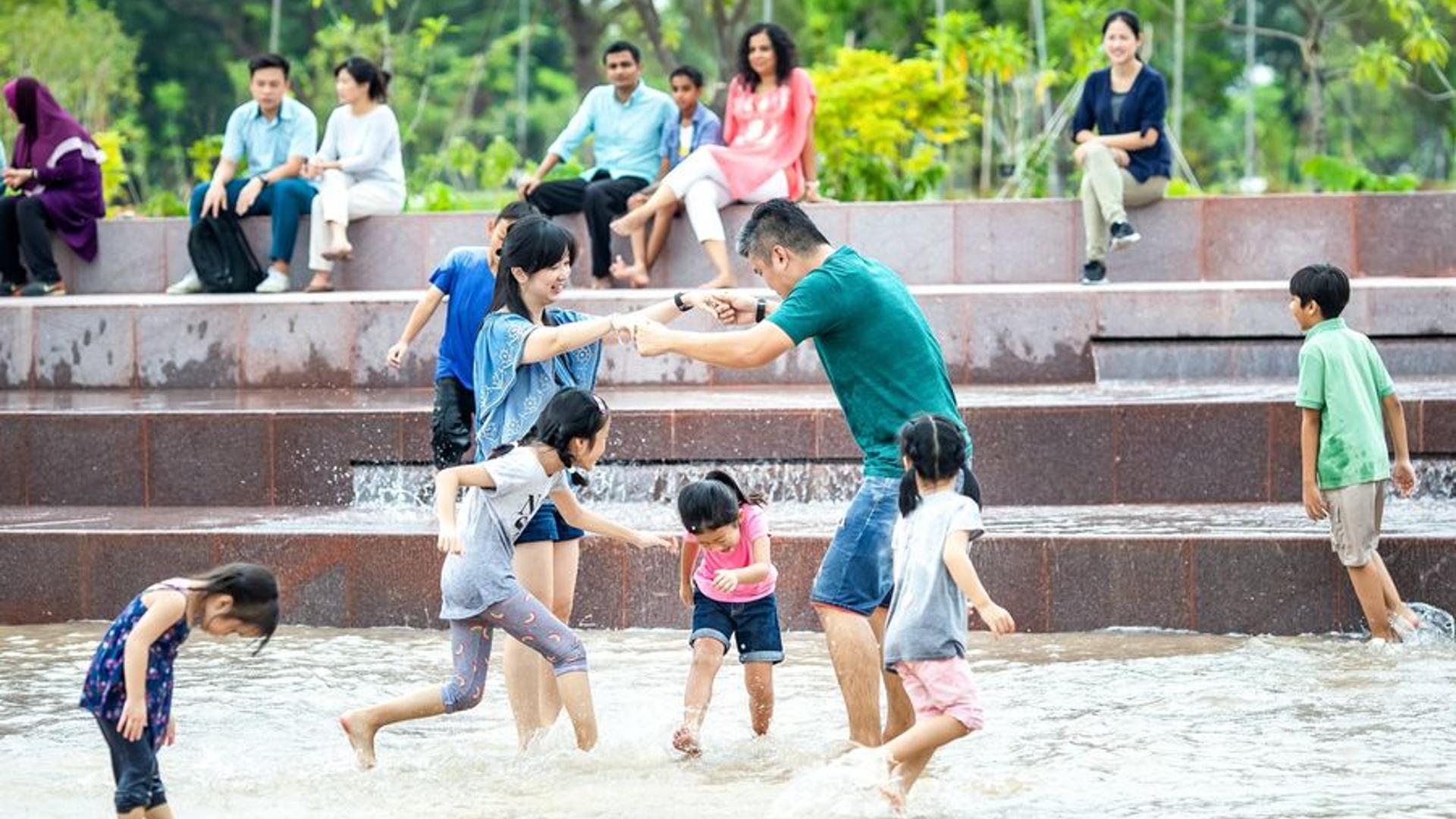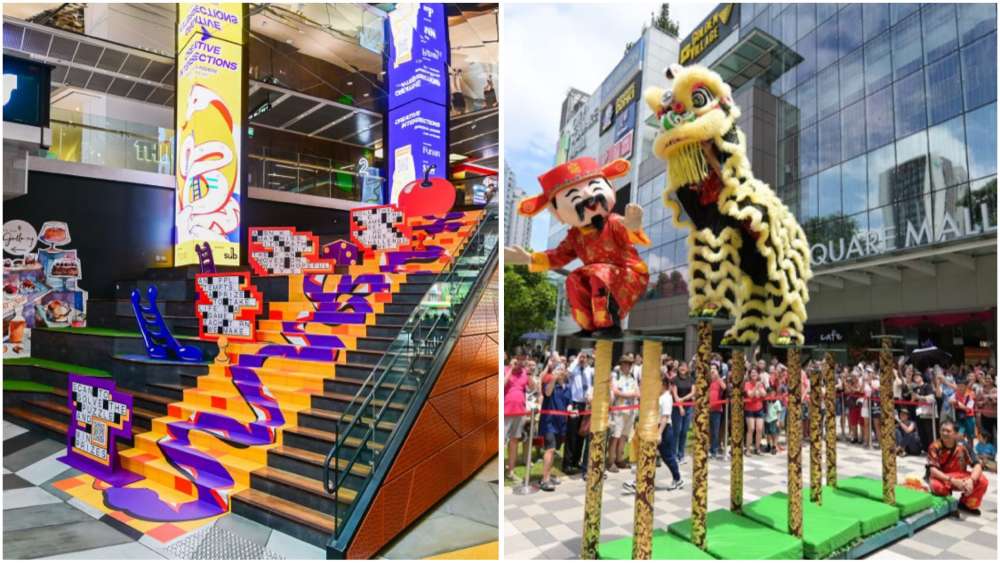Celebrating Pongal In Singapore: An Intro To The Tamil Harvest Festival
Little India comes alive in January with the celebration of Pongal, as the streets are adorned with colourful decorations, the aroma of delicious traditional foods fills the air, and the community comes together to celebrate the harvest season and pray for a prosperous year ahead.
But what is this Tamil festival and why is it celebrated? Here's a brief intro:
What is Pongal?
Pongal is a Tamil harvest and thanksgiving festival, and is traditionally observed over four days. The festival is celebrated as a way of giving thanks to the Sun God Surya and to the farm animals for a bountiful harvest. This year, Pongal falls on 14 January.
What does “Pongal” mean?
"Pongal" in Tamil means "to boil over or spill over". It refers to the signature dish served at the festival in tribute to Lord Surya. Pongal is made with rice boiled with milk and brown sugar in new clay pots until it overflows. When the pot of rice froths and boils over, you will hear cheers of “Pongalo Pongal!” (hail Pongal!) to signify wishes for overflowing prosperity and good fortune for the new year.
There are two kinds of cooked pongal: the sweet Sakkarai Pongal and savoury Venn Pongal. The savoury kind is usually made for breakfast.
What significance do cattle hold in Pongal?
Cattle are honoured during Pongal for their hard work at the farm, doing their part in contributing to a good harvest. That’s why you see many road names in Little India related to cows: Buffalo Road, Kerbau Road ("kerbau" is Malay for buffalo), and Belilios Lane (named after a well-known cattle trader).
What happens on each day of Pongal?
Day 1, Bhogi Pongal: Out with the old, in with the new. Families tidy up the home, discard unwanted belongings, and wear new clothes as a symbol of new beginnings. Prayers are offered to Lord Indra, who is associated with the sky, lightning, thunder, and rains.
Day 2, Surya Pongal: The pongal dish is made (Pongalo Pongal!) in dedication to Lord Surya. Families will also decorate the entrance of their homes with colourful decorative floor patterns called kolam or rangoli.
Day 3, Mattu Pongal: Cattle are the VIP on this day. They are decorated with paint, flowers and bells. They are also allowed to roam free, fed with sweet rice and sugar cane - not really a common sight in our city-state, but don't be surprised to find one in Little India.
Day 4, Kaanum Pongal: The final day is when people visit relatives and friends. Families gather for a sumptuous meal, and younger members seek the blessings of their elders.
While Pongal started out as a farmers' festival, it has become a festival for all Tamils today.
Celebrate Pongal with the Indian Heritage Centre
Curious about Pongal and want to celebrate it irl? The Indian Heritage Centre (IHC) is hosting an open house, themed “The Sun”, with plenty of Pongal-related programmes on 6, 7, 13 and 14 January.
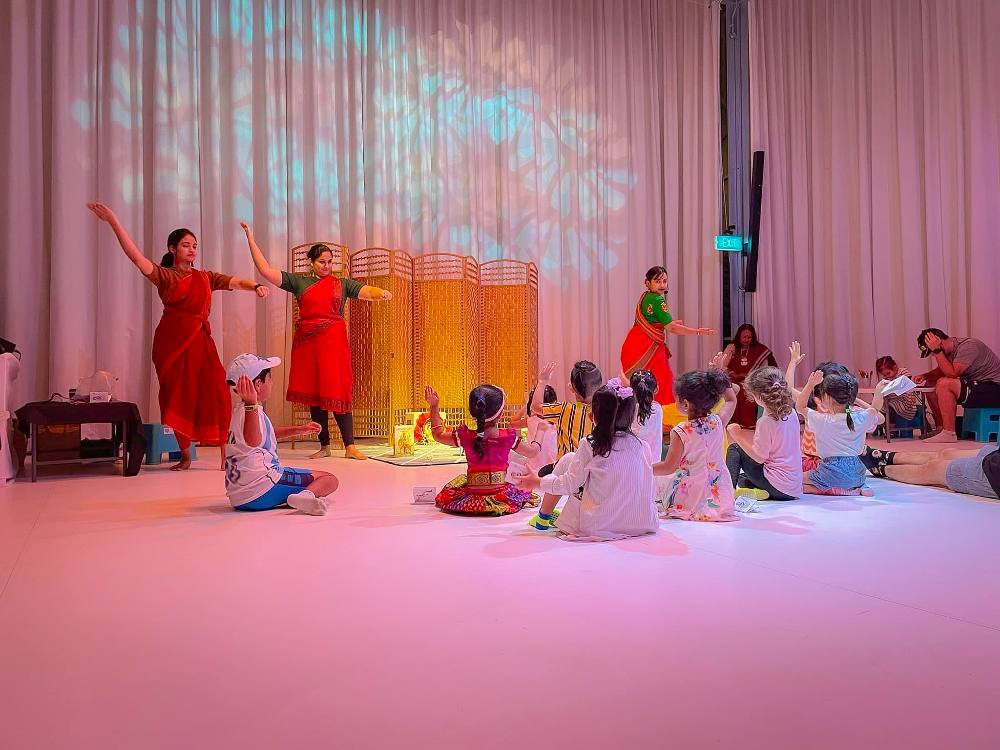 IMAGE: INDIAN HERITAGE CENTRE
IMAGE: INDIAN HERITAGE CENTRE
For the little ones, there are hands-on crafts and a Harvest Dance & Storytelling session – because who doesn't love a good dance party, right? Then, take them on a journey into Tamil culture's agricultural roots with a nature retreat at the Kranji Farm Tour.
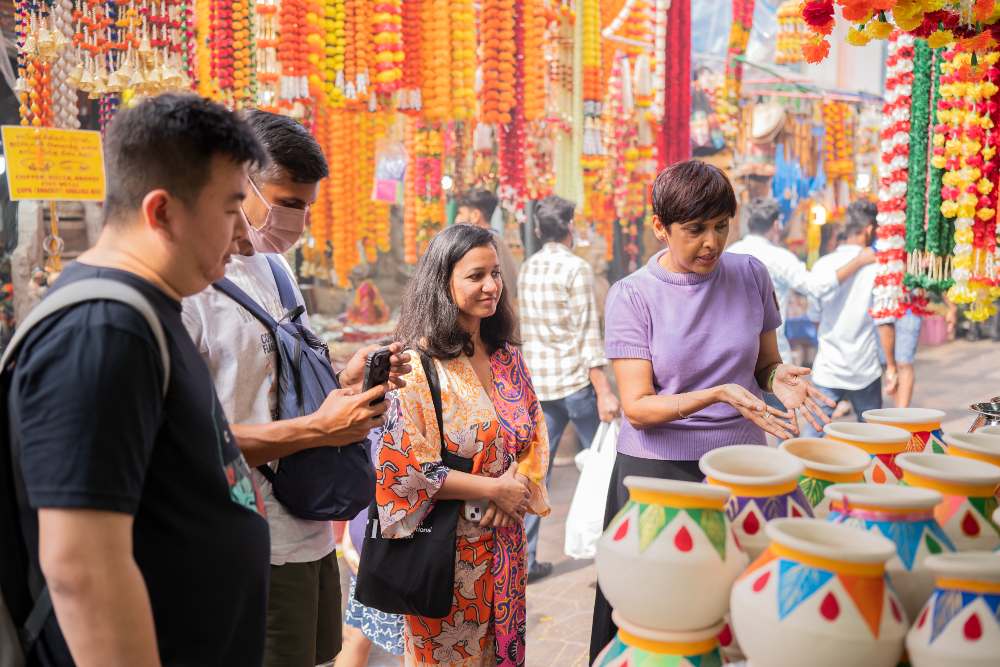 IMAGE: INDIAN HERITAGE CENTRE
IMAGE: INDIAN HERITAGE CENTRE
Join Instagram and TikTok sensation Darshen Kunaseharan and Mediacorp artist Sajini for a lively adventure rediscovering Little India. Learn how Pongal is celebrated in the precinct and the significance it holds with the Little India Trail (Celebrity Edition).
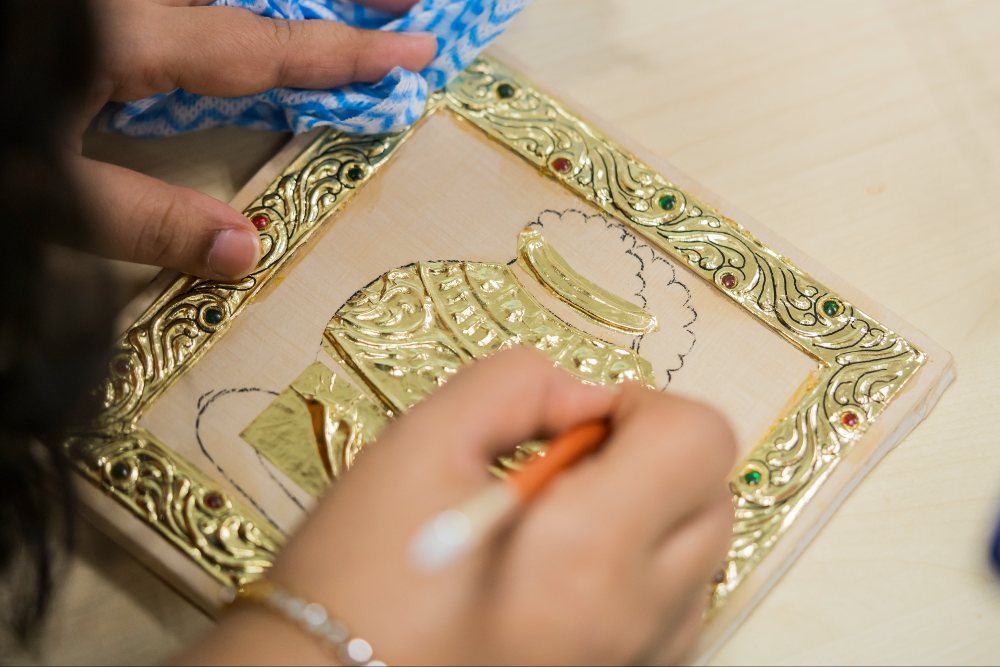 IMAGE: INDIAN HERITAGE CENTRE
IMAGE: INDIAN HERITAGE CENTRE
If you want to try signature dishes served during Pongal, join Chef Annil Ravindran’s Pongal Cooking Demonstration so you can make them at home. And if you're up for some artsy action, dive into the world of gilded paintings with an immersive Tanjore Art Workshop.
Other Pongal-themed programmes include live music and dance performances, craft activities, karagam-making workshops, traditional games, and more. Register for any of the Pongal programmes here.
Admission to IHC is free for Singaporeans and Permanent Residents. For more info, follow IHC’s Instagram and Facebook pages.
For the latest updates on Wonderwall.sg, be sure to follow us on TikTok, Telegram, Instagram, and Facebook. If you have a story idea for us, email us at [email protected].
